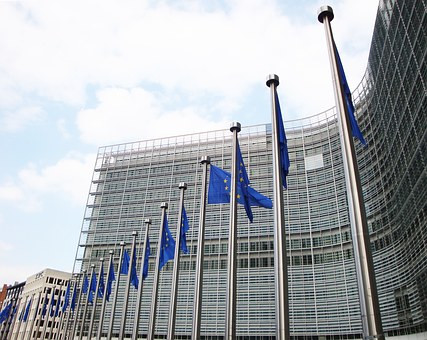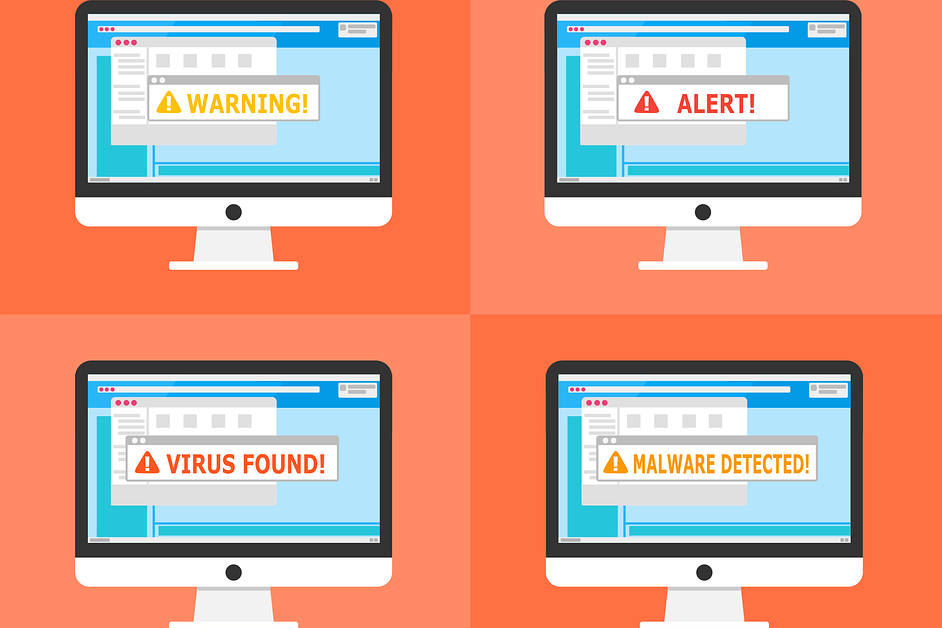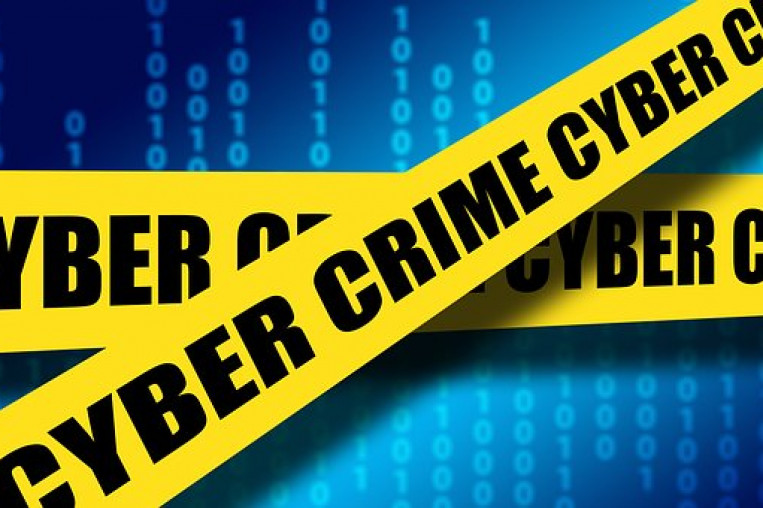Cybersecurity is a priority issue for the European Commission. It not only appears as one of the pillars of EU R&D framework programmes, but has also been on the agenda of Community and Member States' politicians.

In the cybersecurity strategy for the European Union it states:
The EU is committed to safeguarding the online environment so that it provides the highest levels of freedom and security in benefit to all.
This strategy has been adopted jointly by the Commission and the High Representative. It describes the EU vision in this area, clarifies roles and responsibilities and proposes specific activities at European level. Its aim is to ensure strong and effective protection and the promotion of the general public's rights to make the EU's online environment the safest in the world.
Of course, the definitive proof that this expression of principles is being taken seriously is to be found in the allocation of budgets in the R&D framework programmes and in the legislative efforts of the European Parliament.
As it should be, high-level civil servants consider issues of concern to Member States and EU politicians, representatives of the general public of EU countries. This concern continues to increase and perhaps has had one of its highest peaks of attention after some blatant intrusions or threats of intrusions into democratic processes on both sides of the Atlantic, perhaps the last red line or at least the one that best symbolizes the risk that our society incurs when threatened by cyberattacks by terrorist groups or other states.
In regard to this major issue, we should make a brief analysis of the situation in Europe, making the inevitable comparison with the USA.
Europe has always had a greater concern for protecting the privacy of its the general public, which is reflected in much more restrictive data protection and privacy laws and greater caution in the business and professional use of public clouds.
Albeit that, yes, as the general public we frequently cheerfully give away our personal data to social networks.
CYBERSECURITY IS A CRITICAL FACTOR IN THE DIGITAL TRANSFORMATION
Compared to the USA, Europe has a high level of technology in this area despite the lower level of investment, and as usual, in spite of the fragmentation of the market and even the partial harmonization of national regulations, which harms the growth of the companies of the sector.
The European Commission clearly identifies the risk that cyberthreats pose to the creation of the digital society, because of the impact they can have on the economy, critical infrastructures and political life. For this reason, it is developing a series of strategic initiatives to ensure that Europe achieves greater digital autonomy, has its own technology in the area of cybersecurity and, ideally, foster the development of European companies, leaders in this field.
Europe is a leader in industrial technology and possesses advanced infrastructure in transportation, energy and manufacturing, is at the forefront of key technologies such as cryptography and data analysis (big data), and has a significant number of specialized SMEs that comprise a sector of high technical vitality.
On the contrary, as mentioned, the fragmentation of the market and the national interests of each country hinders the growth of companies to the level necessary for clear global leadership.
The harmonization of national legislation and the coordination of public investment would favour the growth of the sector, generating a high number of high-level jobs and reducing dependence on non-European technology for protection against threats.
This dependence is considered one of the most significant vulnerabilities in Europe, due to its exposure to attacks by terrorist organisations and the national interests of third parties. In short, cybersecurity is a critical factor in ensuring the digital transformation of Europe, itself essential for technological progress and, if a strong sector with its own technology fails to develop properly, we will be exposed to increasingly complex cyberattacks with a greater impact on our society.










